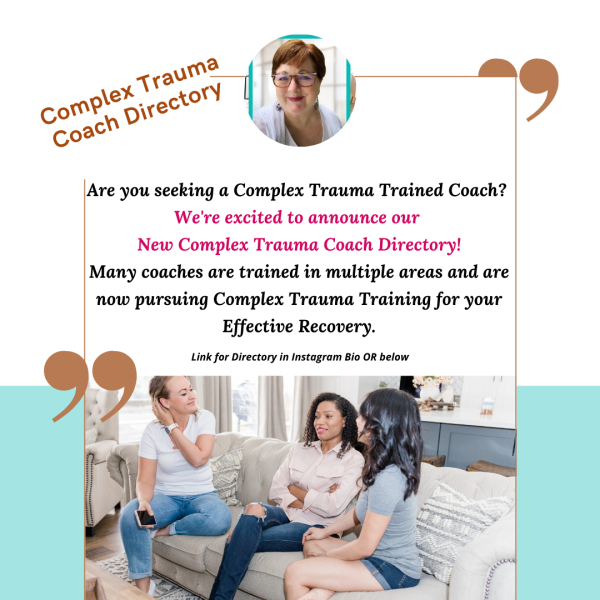A recent article on Psychology Today blog by Myra Altman Ph.D. discusses the peer-reviewed study just accepted for publication at the Journal of Technology in Behavioral Science. The new research shows 58 percent of people who started care with symptoms of depression experienced clinical recovery after at least one session with a certified coach and saw a 76 percent increase in their well-being overall. These findings build upon our previous published research showing the more sessions people participated in, the more their well-being improved.
A recent article on
Psychology Today blog by Myra Altman Ph.D. discusses the peer-reviewed study just accepted for publication at the Journal of Technology in Behavioral Science.
The new research shows 58 percent of people who started care with symptoms of depression experienced clinical recovery after at least one session with a certified coach and saw a 76 percent increase in their well-being overall.
These findings build upon our previous published research showing the more sessions people participated in, the more their well-being improved.
What follows is an extract from the original article so we can get straight to the point of why coaching is a viable option for mental health care recovery.
New Research Finds Coaching to Be on Par with Therapy. Coaching is comparable to therapy in patient relationships and outcomes.
KEY POINTS
- Some 40 percent of U.S. adults reported symptoms of anxiety or depression during the pandemic, up from 10 percent pre-pandemic.
- There is a dramatic shortage of licensed therapists in the U.S. and beyond.
- Certified coaches trained in evidence-based mental health approaches could help fill the gap, new research suggests.
- 58 percent of patients with depression symptoms experienced clinical recovery after at least one session with a certified coach.
- The same study conducted during the pandemic looked at the working relationship between the provider and the client in a one-on-one care setting. A client and provider’s working relationship includes qualities like trust and personal affection, whether the relationship is collaborative, and whether the two feel they are working on agreed-upon goals.
- The new research found that in a one-on-one virtual care setting the working relationship was just as strong between clients and their coaches as it was between clients and their therapists (with an average 4.8 therapeutic alliance rating out of 5 for both coaching and therapy).
- Ninety percent of participants were confident in their coach or therapist’s ability to help them and work on agreed-upon goals, and in both cases, a stronger working relationship predicted greater improvement in well-being.
- This may be good news for the entire field, and suggests that mental health coaching could be a viable alternative to therapy for moderate mental health needs. When trained and vetted, coaches can provide similar-quality care that improves mental health outcomes while simultaneously being more affordable in many cases. It could also be easier for the field to increase the supply of coaches (versus therapists, whose credentials require years of training).
- And it may be more feasible for coaches to focus on early intervention by preventing clinical-level symptoms from developing, leaving therapists to treat those with more severe symptoms.
- Coaching is also appealing when considering individual care preferences; not everyone wants to see a therapist, even if one is available.
- Coaching can be a less stigmatized form of care. Coaching by vetted, certified providers is a great and increasingly, research-backed—way to serve people with moderate mental health care needs.



